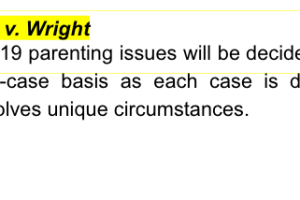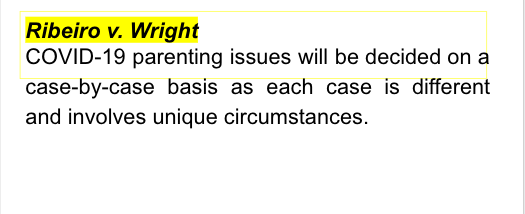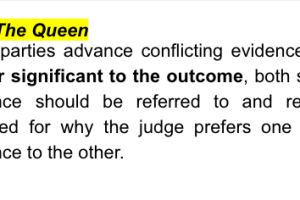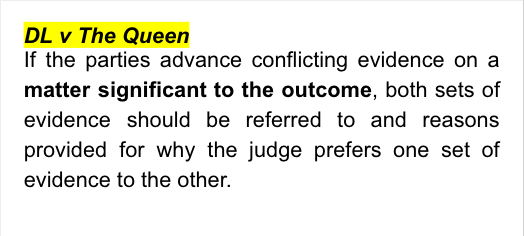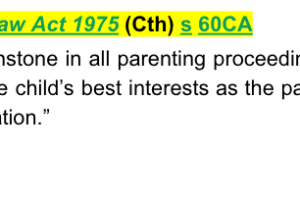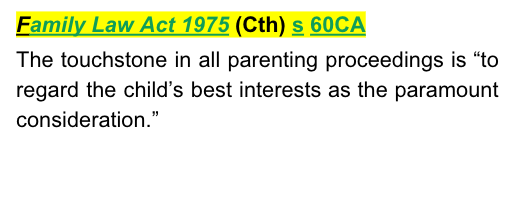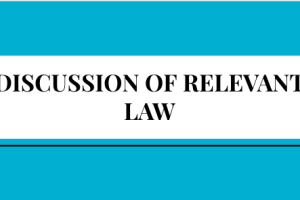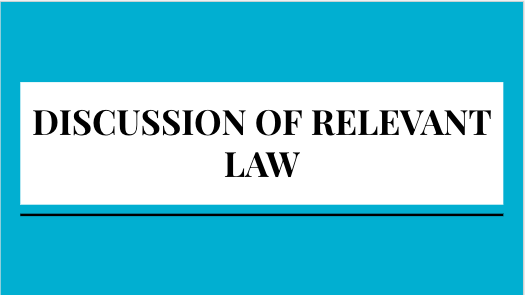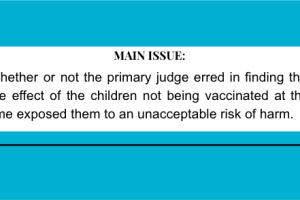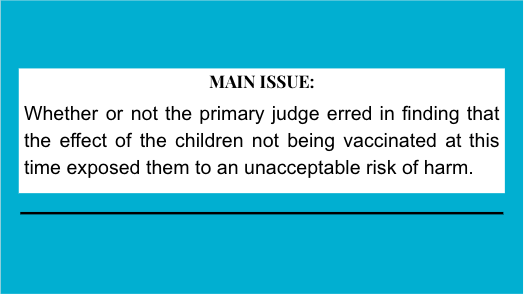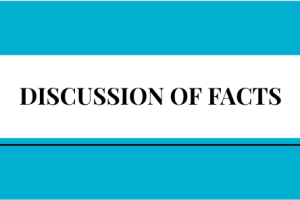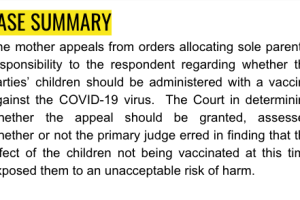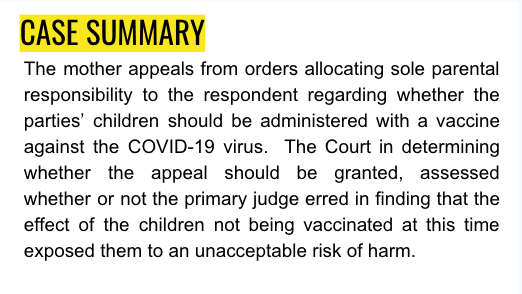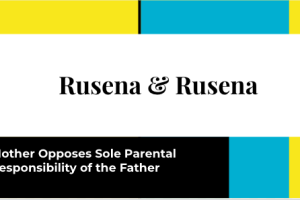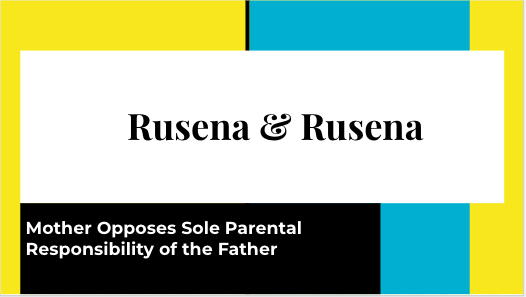- · 4769 friends
Mother Opposes Sole Parental Responsibility of the Father

Rusena & Rusena [2022] FedCFamC1A 149 (23 September 2022)

The mother appeals from orders allocating sole parental responsibility to thehusband regarding whether the parties’ children should be administered with a vaccine against the COVID-19 virus. The Court in determining whether the appeal should be granted, assessed whether or not the primary judge erred in finding that the effect of the children not being vaccinated at this time exposed them to an unacceptable risk of harm.

Facts
The children currently live with the husband and spend six nights each fortnight with the wife. The parties were in a relationship for seven years between 2011 and 2018. On 22 January 2019, consent orders were entered that provided for the children to live with the wife and spend six nights each fortnight with the husband. Significantly, the orders provided for the parties to equally share parental responsibility for the children.
On 17 August 2021, the wife travelled to Queensland and left the children in the care of her husband. She has since returned. Upon the wife’s return from Queensland, the parties participated in a mediation on 22 December 2021. They were unable to resolve their differences.
On 23 December 2021, the wife, through her solicitors, wrote to the husband noting that the children would become eligible to receive a COVID-19 vaccination as and from 10 January 2022 and seeking an undertaking from the husband that he would not arrange for the children to receive that vaccination. Upon receiving no further response from the husband, on 29 December 2021, the wife filed an Initiating Application in the National COVID-19 List of this Court seeking urgent injunctive relief to restrain the husband from arranging such vaccinations.
On 6 January 2022, the husband arranged for both of the children to be examined by their local general practitioner, Dr. B, who provided the husband with a medical certificate confirming that the children had no underlying health conditions which suggest that the children would be at a particular risk from being vaccinated against the COVID-19 virus. It is of significance that this issue was not in dispute during the course of the proceedings or in this appeal.
To enable the issue of vaccination to be determined by the Court, on 5 January 2022 the parties consented to an order restraining either party from causing or facilitating the children receiving the COVID-19 vaccination pending further order. This was in the context where the vaccination application was subsequently set down for hearing on 30 March 2022 following an interim hearing before the primary judge on 15 March 2022. At the interim hearing before the primary judge on 15 March 2022, the matter was listed in respect to determining which school the children should attend and whether the children should spend additional time with the husband. Orders were made for the children to attend the school nominated by the husband, and for the children to live with the husband and spend six nights per fortnight with the wife.
The order identifying the school that the children were to attend was not intended to be an order for the husband to exercise parental responsibility in respect to the children’s schooling. The parties also agreed at the interim hearing for the issue of vaccination to be expedited and heard on a final basis. On 21 March 2022, X tested positive for COVID-19 but has since recovered and, pleasingly, does not appear to suffer any ongoing consequences.

Issue
Whether or not the primary judge erred in finding that the effect of the children not being vaccinated at this time exposed them to an unacceptable risk of harm.

Applicable law
Family Law Act 1975 (Cth) s 60CA - provides that the touchstone in all parenting proceedings is “to regard the child’s best interests as the paramount consideration.”



Analysis
Error is contended from the implicit erroneous finding by her Honour that the effect of the children not being vaccinated at this time exposed them to an unacceptable risk of harm. It is not contended that the primary judge made that explicit finding, but rather, it is contended that the primary judge “implicitly” made that finding.
At no stage during the course of the proceedings or in her judgment did the primary judge, either by express or implicit reference, find that the effect of the children not being vaccinated at this time exposed them to an unacceptable risk of harm. The language used by the primary judge throughout her decision was balanced and acknowledged that there were both benefits and risks associated with the children being vaccinated.
At no stage did her Honour say, expressly or by implication, that the children faced an unacceptable risk of harm if they were not vaccinated or, for that matter, if they were vaccinated. Indeed, by allocating parental responsibility to the husband to make the decision as to whether or not the children should be vaccinated the primary judge left open the possibility that the children would not be vaccinated. Her Honour’s assessment as to the possible existence of unacceptable risk occurred in the context of her Honour fulfilling her statutory responsibility to have regard to the totality of those matters set out in s 60CC of the Family Law Act 1975 (Cth) (“the Act”), insofar as those considerations are relevant to these proceedings.
Conclusion
The appeal is dismissed. The wife is to pay the costs of both the husband and the Independent Children’s Lawyer within 28 days of those costs being agreed or assessed.


